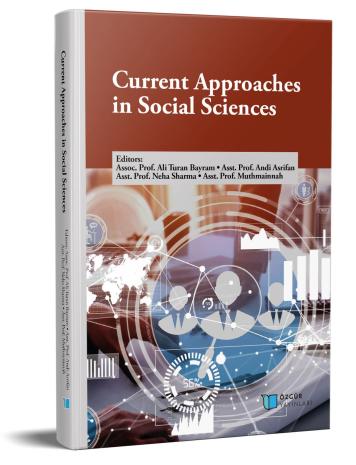
Archaeology of the Turkish-Islamic Synthesis: Islam, Turkishness, and Westernization as the Pillars of the Modern Ottoman Identity
Şu kitabın bölümü:
Bayram,
A.
T.
&
Asrifan,
A.
&
Sharma,
N.
&
,
M.
(eds.)
2023.
Current Approaches in Social Sciences.
Özet
This study investigates the historical foundations of the Turkish-Islamic synthesis, a threefold discourse combining religion, nationalism, and modernization in the form of Westernization, which was systematically indoctrinated by nationalist intellectuals in Turkey during the 1970s. The argument of the study is that Young Ottomans were the first voices of the discursive orientation to unite and synthesize all three elements, as part of the quest to construct a modern Ottoman identity to save the state in the last period of the Ottoman Empire. At the official level, this discourse gradually became institutionalized and officialized during the reign of Sultan Abdul Hamid II with the expansion of modernization policies aimed at transforming society and the state and formed the basis for state policies in many areas. To this end, the writings and statements of Young Ottomans are analyzed in detail, followed by a comprehensive evaluation of the policy implementations in the Ottoman Empire during the reign of Abdül Hamid II and their reflections on education, also including the Sultan's own expressions, in terms of ideological attempts to articulate Islam, Turkishness, and Westernization.

